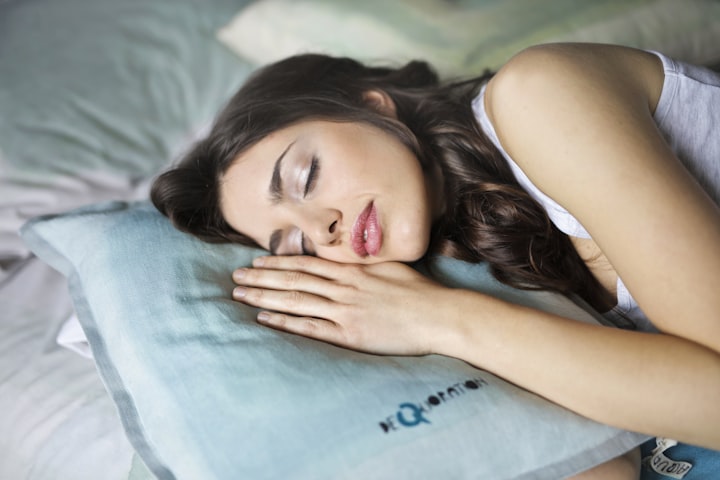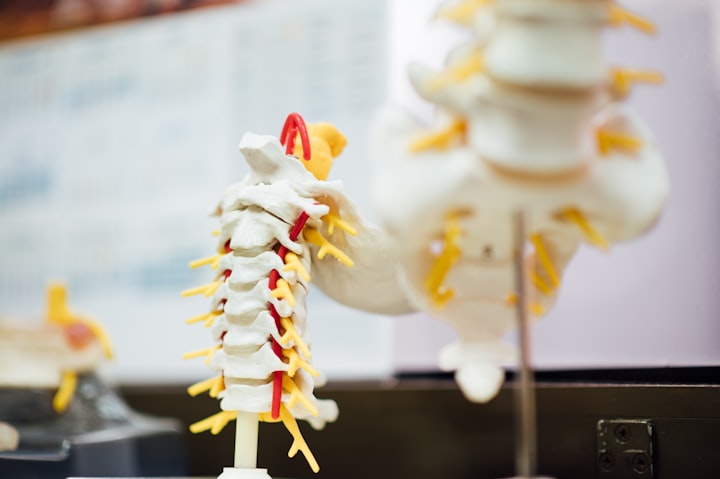Study finds the worst states to live in for good sleep
Sleep

Getting enough sleep is important to everyone, but different factors determine how much sleep you need to stay healthy and productive. Factors like your age, medical conditions, stress levels, medication use, and even your gender can play a role in the amount of sleep you need each night to feel refreshed when you wake up in the morning. According to the Sleep Health Foundation, people over the age of 65 often need less sleep than younger adults do because their sleep cycles tend to move more slowly over time. However, older adults are also more likely to suffer from insomnia than younger adults are, according to the National Institute on Aging.
The Most Relaxing State
If you’re going to live somewhere where it’s hard to get good sleep, you might as well be somewhere that’s at least pretty nice. That’s why Hawaii ranks as our most relaxing state—and it also comes in first for good sleep. Meanwhile, Louisiana is last on both lists. The bottom 10 of our list is mainly filled with Southern states and Florida, which tells us a lot about how stress affects our health and wellbeing.
How Many Hours Do We Need?
According to a recent poll, about two-thirds of Americans say they need seven or more hours of sleep a night. However, how much we actually need differs from person to person. The National Sleep Foundation recommends seven to nine hours of shut-eye per night for adults, but according to Stanford University researchers, most adults probably need less than that.
What Does Good Sleep Look Like?
Despite what you may think, there’s more than one type of good sleep. In addition to your personal preference, your geography also dictates which kind of sleep you’ll get. Let’s take a look at some of America’s best and worst states for good sleep, according to new research.
How Stressful Is Where You Live?
If you’re trying to keep up with your work, family, and social obligations and still have time left over for a healthy night’s rest, it helps to find out where that extra stress is coming from. A recent study ranked all 50 U.S. states on their potential impact on your good night’s sleep. So whether you want more or less stress in your life, you might want to consider a move — just not too far from where your friends and family are!
What Makes A Good Work/Life Balance?
People’s quality of life can be impacted by many factors, including pollution and crime. But perhaps more important than any other factor is your work/life balance. According to a recent study, New Hampshire and Iowa are two of America’s best states when it comes to a healthy work/life balance. YouGov, an international Internet-based market research firm, conducted a poll that asked people questions about their pell-being. People ranked their overall happiness as well as how satisfied they were with their relationships and jobs/employment situations, among other topics. The study also ranked every state based on its average Well-Being Index Score (WBI). The top 10 states with good work/life balance include
How Easy Is It To Get Outside?
The first thing that matters when it comes to good sleep is your level of exposure to natural light. New research has shown that five key aspects influence how easy it is for you to get outside regularly
Do People Get Enough Exercise There?
Researchers found that adults who live in states with more walkable neighborhoods tend to get more exercise. They estimate that a person living in a walkable neighborhood walks an extra 3,000 steps per day or about one mile. That adds up after a while since each additional 10,000 steps taken per week has been shown to add four hours of life expectancy. If you’re one of those people who would rather pull teeth than go walking around your own neighborhood, research shows you may want to move. While moving is a big undertaking that most of us don’t want to undertake every few years just for better health and fitness, some new research suggests that where you live could play a significant role in how active you are.
How Walkable Is Where You Live?
Several studies show that Americans aren’t getting enough sleep. That might not sound so bad, but too little rest can take a serious toll on your health—and even shorten your life. Plus, recent research shows that certain communities tend to get better and more restful sleep than others do. So where should you consider calling home? The answer may surprise you. Researchers at Johns Hopkins University recently ranked America’s cities based on their residents’ reported levels of nightly shuteye (that is, how long they slept and how well they felt during it). Here are some tips from them on deciding where you want to settle down for some much-needed R&R.
What About Climate Comfort?
Researchers used data from more than 30,000 Americans and found that those living in humid environments were 17 percent more likely to suffer from poor sleep quality than those living in less-humid areas. Hot weather didn’t seem to affect people’s ability to fall asleep as much as it impacted their comfort during sleep. Those suffering from stuffy noses, sweating, difficulty breathing, and feeling overheated had a harder time falling asleep than others. And on average, they experienced 21 minutes of interrupted sleep each night.
What About Cultural Amenities And Nature Accessibility?
The CDC report focuses on a handful of factors that make it harder to get a good night’s rest: obesity rates, smoking rates, average hours worked per week, and age. These are important indicators of quality of life—it doesn’t matter how many beds are in your state if people aren’t getting enough sleep.
About the Creator
Healthy Lifestyle the story
I am content writer for articles. I have also provided need articles everywhere. I like articles writer for time to time services provided also customer.






Comments
There are no comments for this story
Be the first to respond and start the conversation.